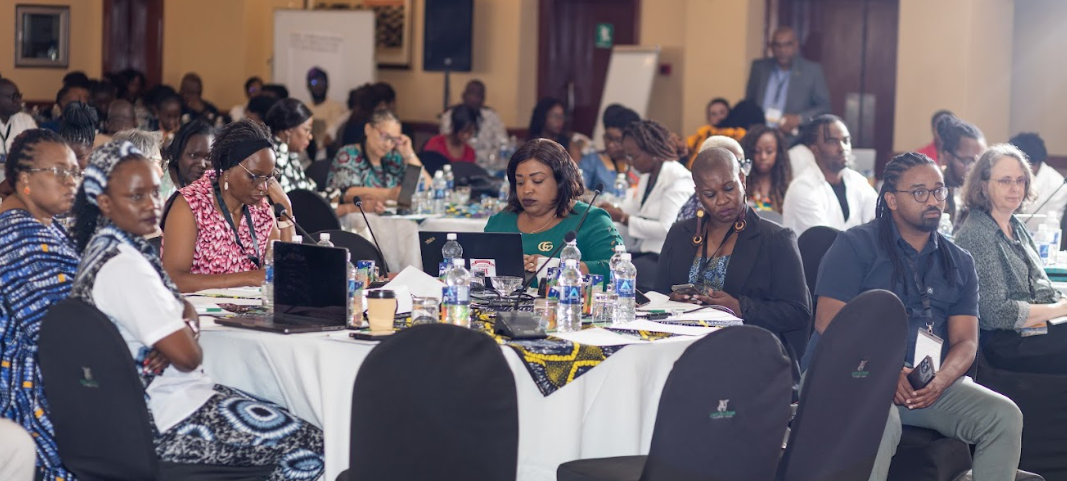
Beyond the Challenges in Shifting Power
Shifting power in development work is compelling, however, its practical implementation faces several challenges. One significant obstacle is the mindset shift required within larger organizations that are accustomed to top-down approaches. Many of these organizations operate within rigid compliance systems that are not designed to accommodate local autonomy, creating barriers for local actors to take on more responsibility. Intermediaries, such as international NGOs or donor organizations, also face challenges in adjusting to new roles that emphasize enabling and supporting local development processes rather than controlling them.
Involving local organizations in the design and decision-making processes of development projects fosters a stronger sense of ownership over the outcomes. This participatory approach enhances the capacity of these organizations to manage and lead initiatives and builds their credibility among donors and stakeholders. Projects designed to align with community needs and contexts are more likely to succeed, with local organizations often attracting additional funding as their expertise and credibility grow. This collaborative model demonstrates the power of co-design in achieving impactful, community-driven development.
Community Identity and Diversity
A broader understanding of community is essential for inclusive development. Community extends beyond geographical proximity to include shared identities and common struggles, such as those centered on women’s rights, social justice, or marginalized groups. Recognizing this diversity allows development programs to be tailored to the unique needs of different groups, creating better representation and inclusive policies. When we support varied community identities, development efforts ensure no one is left behind, resulting in more equitable outcomes.
Success Stories and Micro-Wins
Highlighting “micro-wins” or small successes is crucial in shifting power dynamics in development work. These victories, whether a local organization gaining influence or a community achieving a small-scale success, help build momentum. Celebrating such achievements creates a sense of accomplishment, increases confidence among local actors, and motivates further innovation. These micro-wins provide tangible evidence of the potential of community-led development, inspiring others to embrace similar approaches.
Sustaining the Ecosystem
Many grassroots groups operate outside traditional structures yet play a critical role in mobilizing communities and addressing local needs. Nurturing both formal and informal organizations creates a robust, adaptable ecosystem capable of addressing complex challenges such as policy reform and the protection of civic spaces. This holistic support system ensures organizations of all sizes and structures have the resources and tools to thrive in challenging environments. Ultimately, shifting the power dynamics in development requires rethinking traditional approaches and embracing models focused on sustainability and local enhancement. By adapting to local contexts and emphasizing long-term program visions, development efforts can move beyond donor dependency. This transformation is challenging but necessary to create a more equitable and inclusive development landscape.



